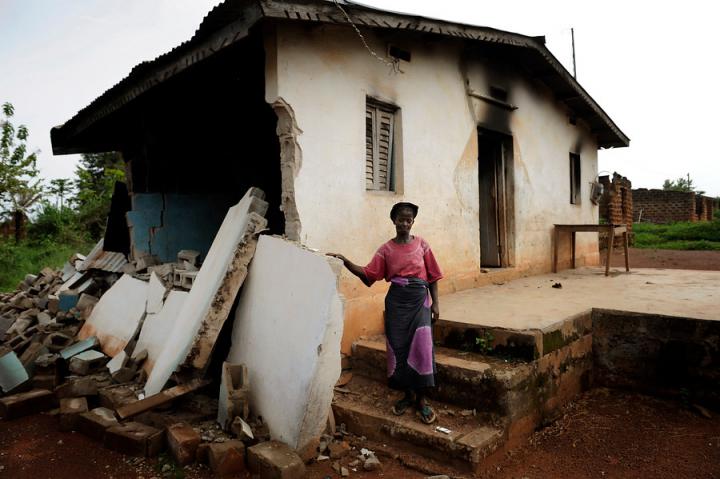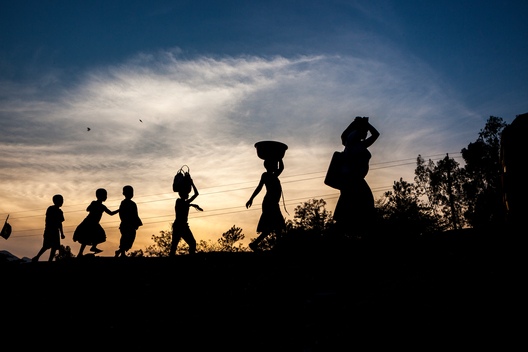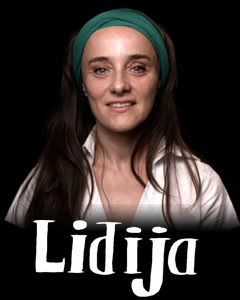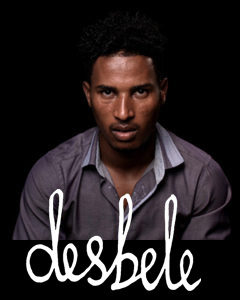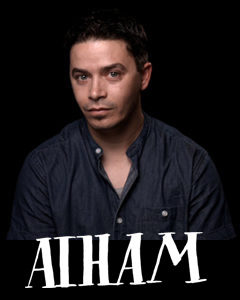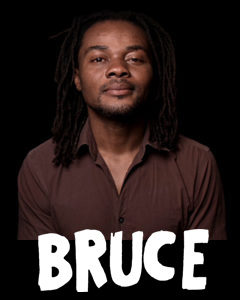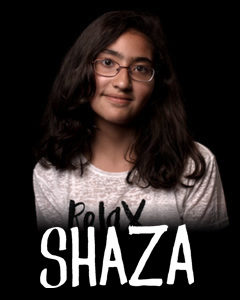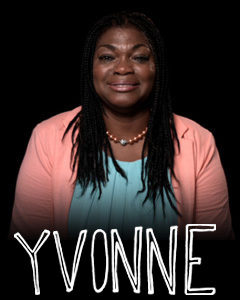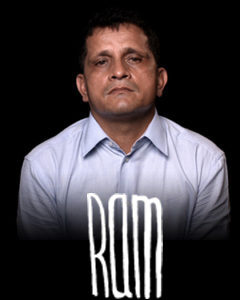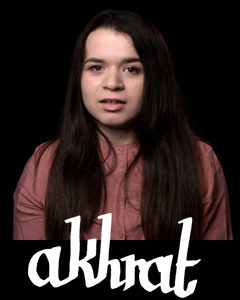Disasters & Conflicts: Ivory Coast. Political conflict, 2010-2011
In 2002, dissatisfied soldiers from the north start an uprising against President Gbagbo, a southerner, whose systematic neglect of the north triggers the revolt.
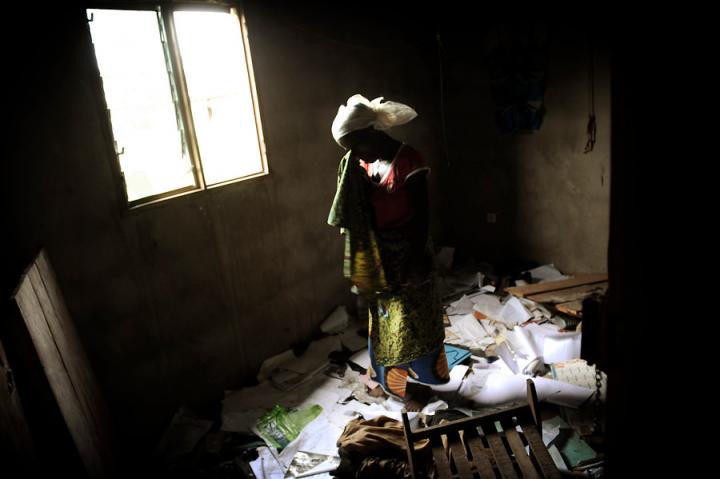
Ivory Coast. Political conflict, 2010-2011
Country: Ivory Coast
Period: 2000-2011
Type of conflict: Political conflict
Conflict: Power struggle between groups in the south and groups in the south and north leads to violence and civil war
Parties involved: Ivory Coast government and army, youth and other militias, rebel groups, United Nations, African Union, France
Estimated number of victims: Thousands of deaths, 100,000 refugees, and 45,000 refugees within the country
Many Muslims and migrants from the neighbouring countries of Mali and Burkina Faso live in the north of Ivory Coast, working in poor conditions on coffee and cocoa plantations. The south is largely populated by Christians. In 2002, dissatisfied soldiers from the north start an uprising against President Gbagbo, a southerner, whose systematic neglect of the north triggers the revolt. A year later a peace settlement is reached, and French troops keep the fighting factions from the north and south apart. In 2003, a unity government approved by all parties undertakes to maintain the peace. Despite that, tension within the government rises. Elections planned for 2005 eventually take place in 2010. Ouattara, a candidate from the north, becomes president. Many refugees return, even though tension continues.
Only citizens whose parents both come from Ivory Coast are eligible to stand for president. The government enacts this law in 2000 with the support of the population. However, the law seems designed to exclude Ouattara, the presidential candidate from the north of Ivory Coast. That causes the powder keg to explode in Ivory Coast.
After ten years of conflict, Ouattara still manages to win the free elections in 2010. But the southern candidate Gbagbo refuses to acknowledge defeat. More violence erupts between the opponents, resulting in 3,000 deaths. After heavy pressure from African and European countries, Gbagbo is eventually arrested for instigating murder and rape. In 2011 he stands trial at the International Court of Justice in The Hague.



